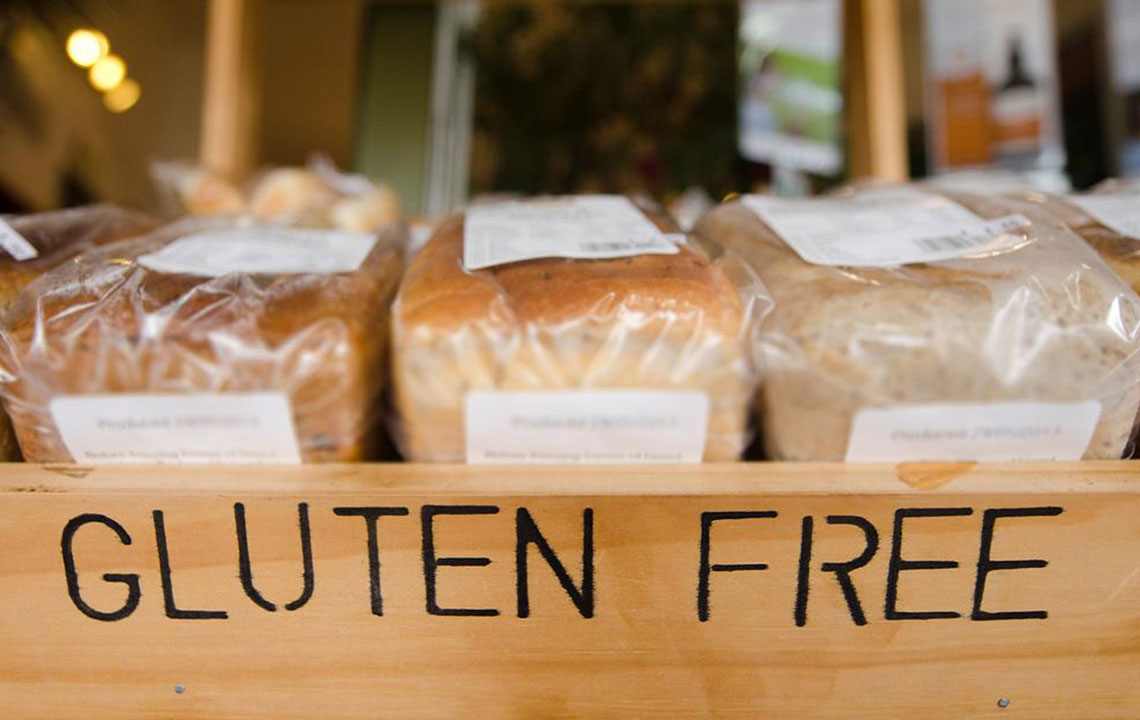Effective Strategies for Managing Gluten Sensitivity
Learn effective ways to manage gluten sensitivity, including medical diagnosis, dietary adjustments, and lifestyle changes. This comprehensive guide helps individuals reduce symptoms and maintain a nutritious, gluten-free lifestyle with expert guidance and suitable food choices.

Effective Strategies for Managing Gluten Sensitivity
Gluten sensitivity, often mistaken for celiac disease due to similar symptoms, is an immune reaction triggered by gluten in wheat and related grains. Common signs include bloating, cramps, gas, diarrhea, and skin rashes after consuming gluten-containing foods. Many individuals find relief by eliminating gluten from their diet. Although there is no definitive cure, several approaches can help manage gluten sensitivity effectively.
Seek Medical Advice: If you experience any discomfort after eating gluten, consulting a healthcare professional is crucial. A doctor can determine whether symptoms are due to gluten sensitivity or celiac disease, using tests such as blood work, endoscopy, or capsule studies.
The healthcare provider can diagnose the condition accurately and recommend appropriate treatment. Generally, avoiding gluten is the primary step. Medications and supplements may be prescribed to address specific symptoms, including inflammation and nutritional deficiencies.
Medication and Nutritional Support: Supplements such as calcium, iron, vitamin B12, D, K, and zinc support overall health. Anti-inflammatory medications like steroids might be used to reduce symptoms. For dermatitis, prescriptions like dapsone could be recommended.
Consult a Nutrition Expert: Nutritionists can assist in identifying gluten-free foods, uncovering hidden gluten sources, and suggesting safe eating alternatives, especially when dining out.
Eliminate Gluten from the Home: Removing wheat, rye, barley (including malt and vinegars), and triticale from your kitchen can prevent accidental gluten intake and associated discomforts.
Build a Gluten-Free Pantry: Incorporate foods like eggs, meats, fish, poultry, beans, and dairy products, which are naturally gluten-free. Many grocery stores now offer a variety of gluten-free options to help maintain a balanced diet.










